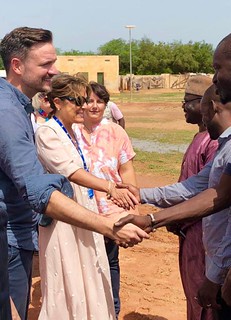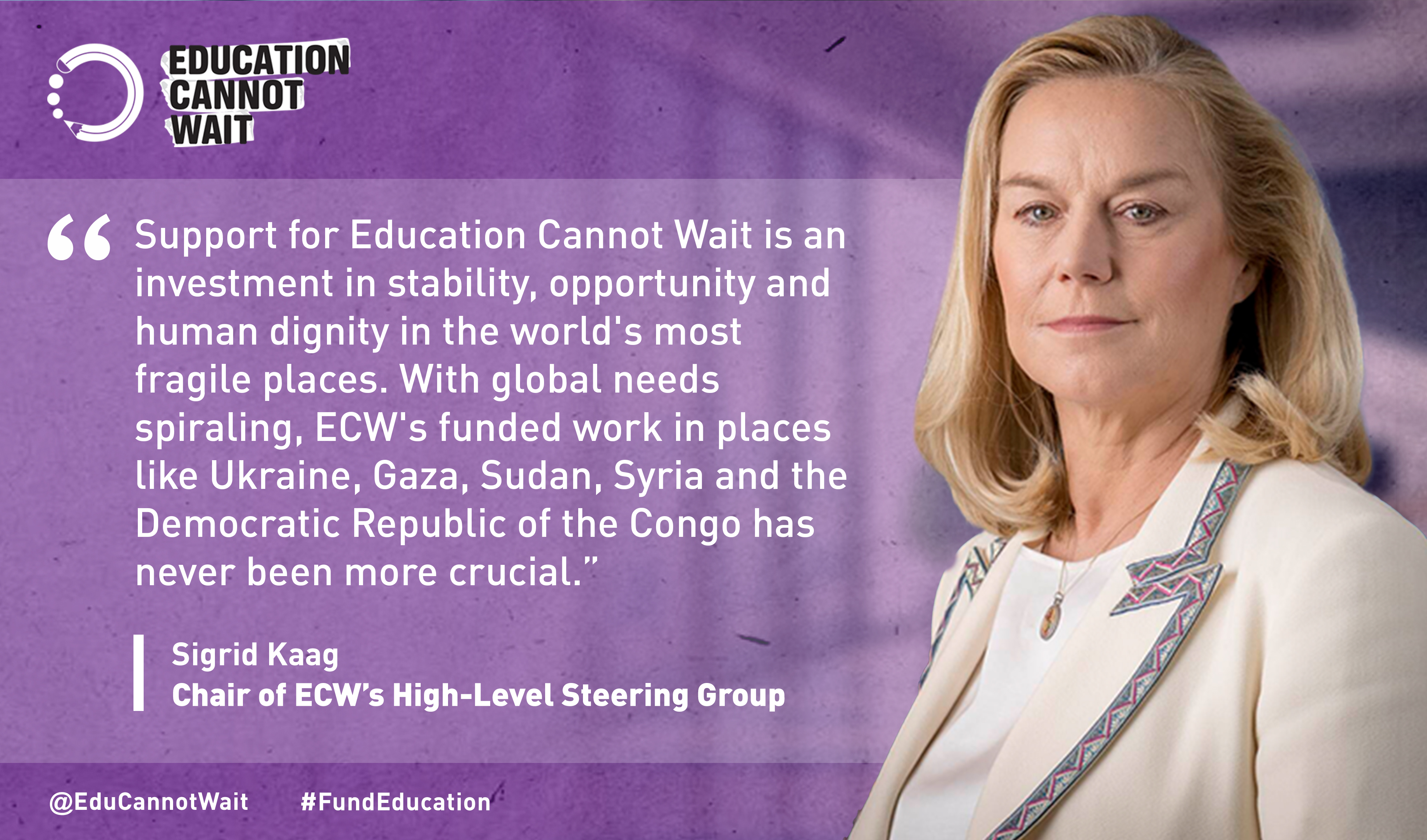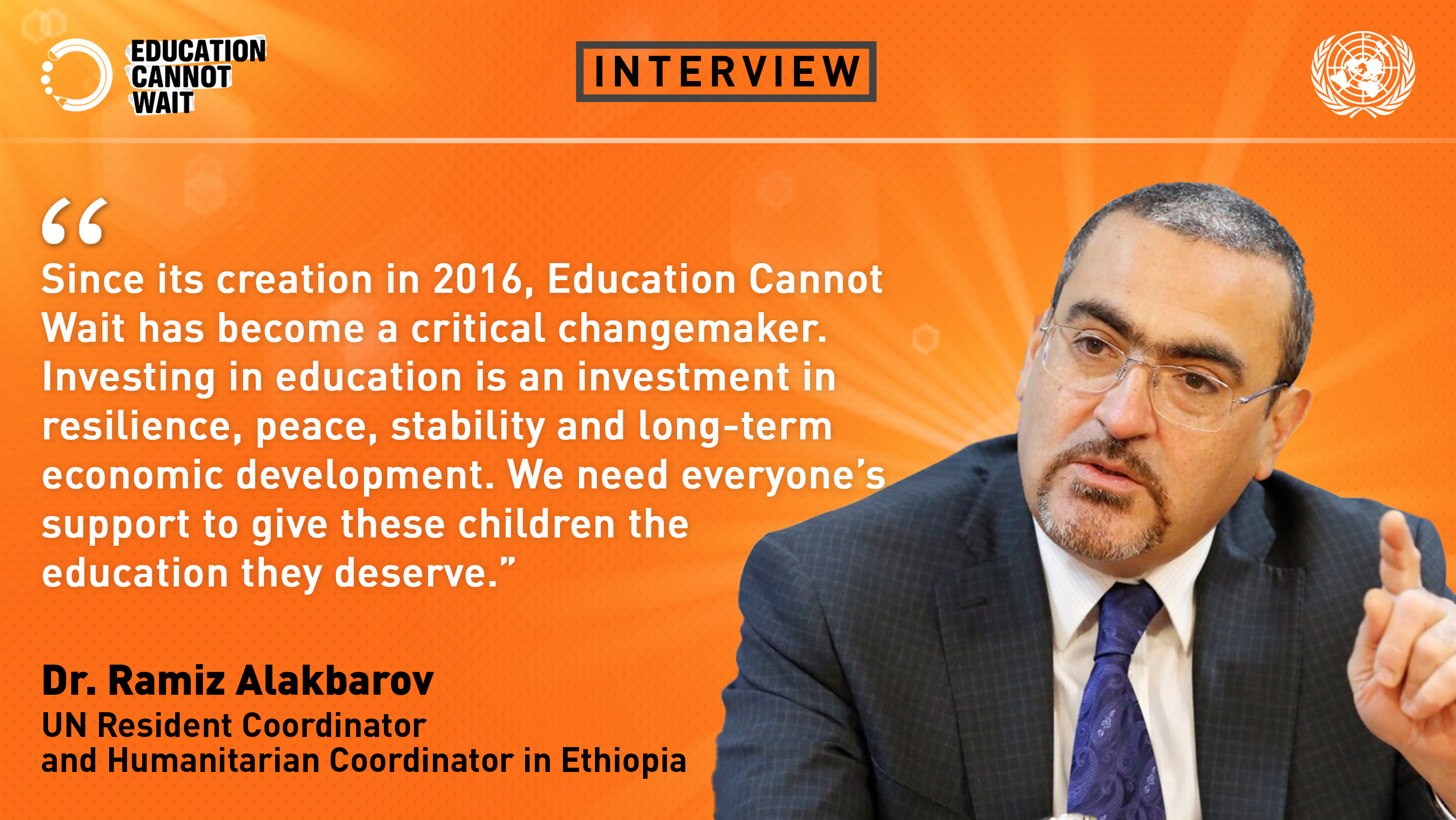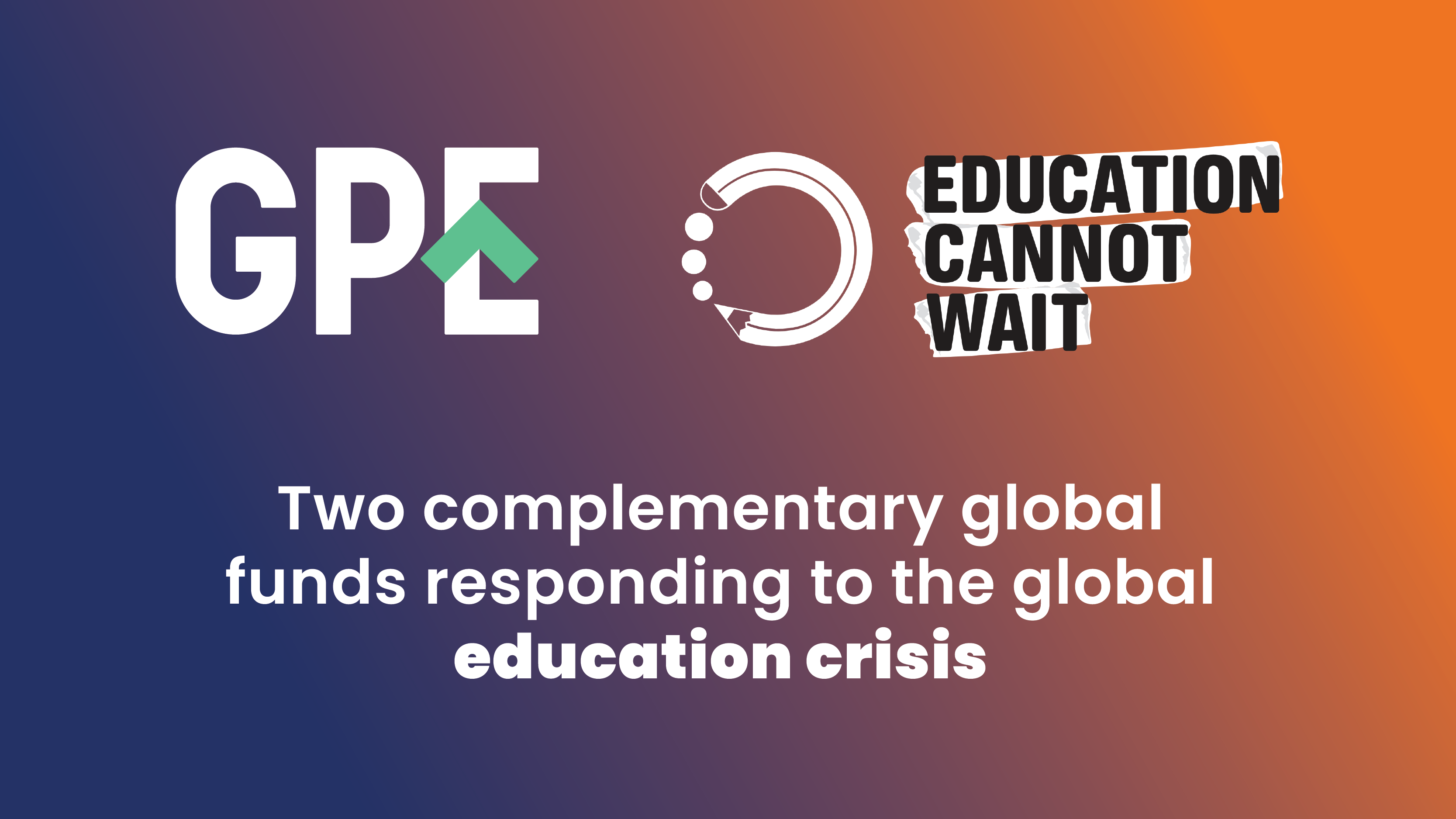Norwegian Minister of International Development Dag-inge Ulstein Discusses ECW 2020 Priorities With ECW Director Yasmine Sherif
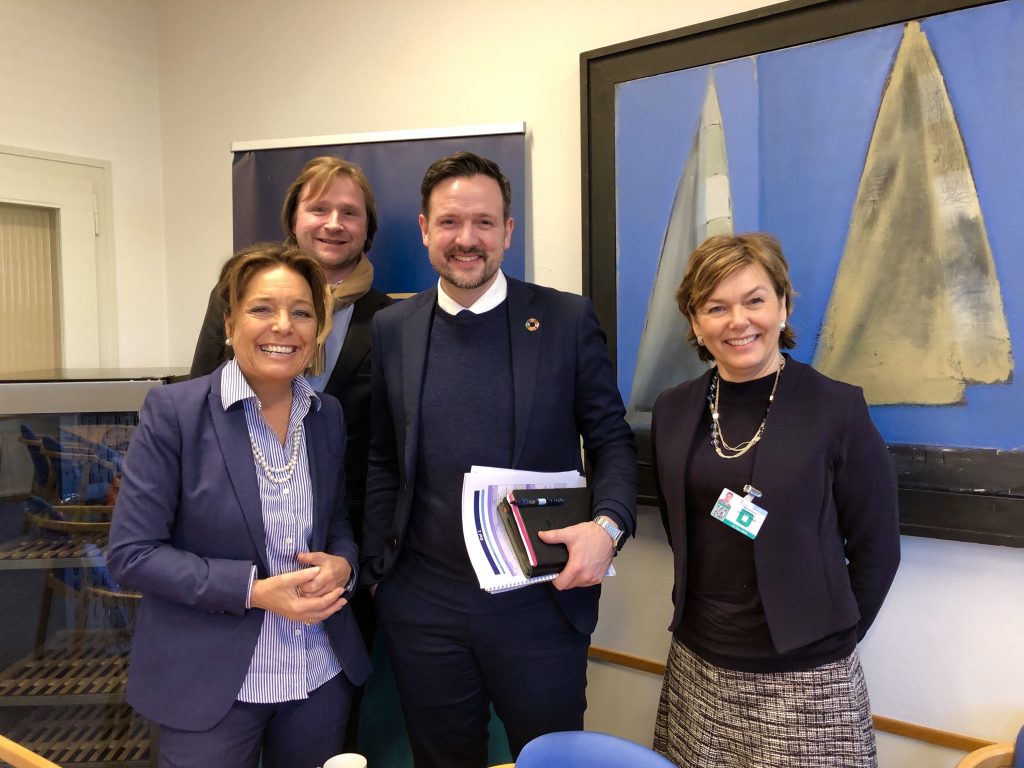
Earlier this year, Norwegian Minister of International Development Dag-Inge Ulstein and ECW Director Yasmine Sherif met in Geneva to discuss ECW’s results achieved and our priorities for 2020 and beyond; a great way to kick off the Decade of Action.
With a total contribution of US$80.3 million, Norway is ECW’s second largest donor, after the United Kingdom. Norway has also helped generate additional political and financial support for education in emergencies and protracted crises, not only by setting an example (Norway devotes more than 8 per cent of its humanitarian aid funding to education), but also by earnestly advocating for more support to, and engagement with, ECW from other donors and partners.
Indeed, Minister Ulstein has been a staunch supporter of ECW ever since he took office in early 2019, assuming a key role on education in emergencies and protracted crises from the day he became responsible for Norad, Norec and Norfund – and the better part of Norway’s aid portfolio.
For Norway, supporting ECW is not only about trying to reach the foundational Sustainable Development Goal, SDG4 – inclusive, quality education – and by doing so, helping to achieve all the other SDGs as well. Moreover, it is closely linked to Norway’s efforts to meet other humanitarian needs as part of a rights- and resilience-based approach. After all, schooling not only gives children and youth the skills and knowledge they need to rebuild their society once a conflict, natural disaster or crisis is over, it also offers them the crucial protection and a much-needed sense of normalcy they need to survive and cope during abnormal, chaotic and often traumatic situations.
As such, the meeting provided an excellent opportunity to discuss and agree upon ECW’s priorities for 2020 and beyond. By the end of 2019, ECW had reached nearly 2 million children and youth through the different formal and non-formal emergency education programmes it supports. Although almost half of them were girls (49%), ECW aims to further increase its investments in girls’ education to help close the gap in access to education during conflict and crisis. Similarly, ECW wants to ensure a much stronger focus on the identification of and services for children with disabilities.
Moving forward, ECW will continue to increase attention and delivery of education in emergency responses to refugee and IDP contexts. Taking the Education Response Plan for Refugees and Host Communities in Uganda as a model, ECW is committed to facilitating and investing in similar multi-year resilience programmes so that refugee and other forcibly-displaced children and youth – as well as children and youth from affected host communities – have access to quality education.
The meeting also provided an opportunity to discuss how Norway can help generate even greater political and financial support for education in emergencies and protracted crises: in addition to kindly agreeing to host the next meeting of ECW’s Executive Committee in Oslo, Minister Ulstein welcomed the idea of jointly organizing a symposium in Geneva later this year with other strategic partners. Moreover, Minister Ulstein and Ms Sherif discussed the possibility of organising a dedicated EiEPC (Education in Emergencies & Protracted Crises) event in the context of the 75th session of the United Nations General Assembly in September 2020.
Photo Gallery
